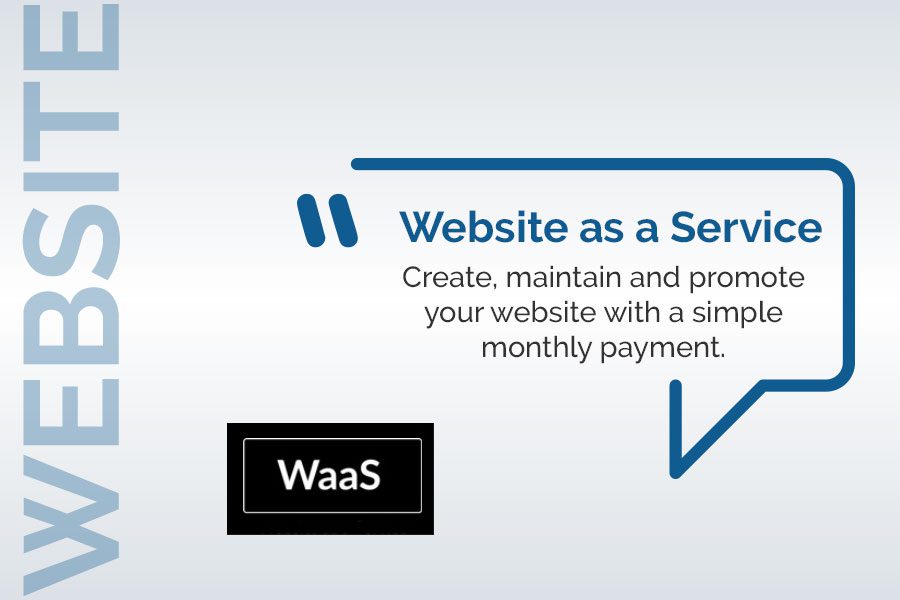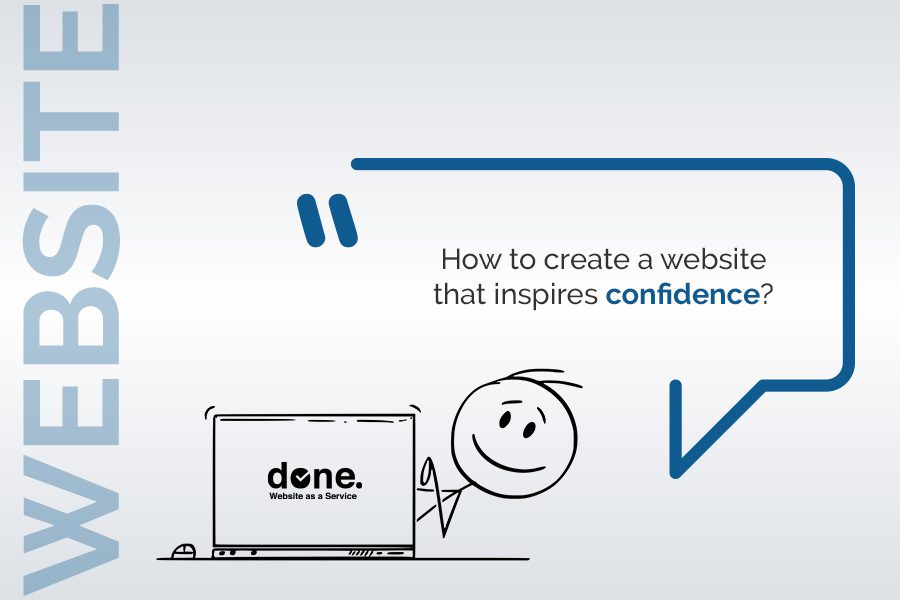
How to create a website that inspires confidence?
December 1, 2021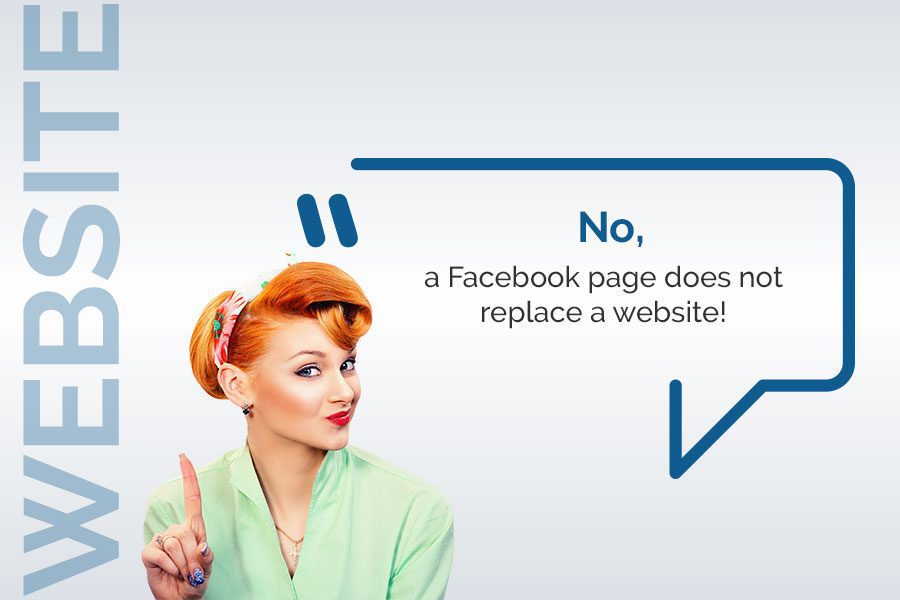

Free, easy to set up and accessible to any company, whatever its size, Facebook pages are one of the most popular means of communication on the Internet.
The benefits for companies and brands are numerous: access to a large audience (more than 70% of Luxembourgers over 13 years old are regular users of the network); collection of accurate statistical data to better know its customers; strong reactivity of the public in case of promotional offers…
So, can a Facebook page be used instead of a professional website?
The answer is no and we will present you the limits of a Facebook page for business.

A Facebook Page is not a website
The way Facebook pages are designed does not leave much room for creativity and originality. Unlike a website where you can customize the look, the menu structure and the content published on it, on Facebook, apart from the company information, the banner and the profile picture, nothing allows you to structure and present your content in a way that makes you stand out from your competitors.
Publications are presented chronologically
The publications are organized chronologically and except for a message that can be pinned at the top of the page, each new publication pushes the previous ones down the page. To find an old publication, visitors have to scroll down the page, which they usually don’t do since they come to consult “fresh” information.
It lacks credibility
Communicating only via this network risks altering the credibility of a brand or a company, indeed it can be assimilated to a lack of seriousness and investment from the users, and even make users doubtful about the real existence of the company associated with a page.
Publications have a short lifespan
The lifespan of a post (the time before it is drowned out by other posts) is only 5 hours on Facebook, compared to two years for a blog post published on a website.
Such a short lifespan is not a problem in itself if you are communicating about a promotion or your restaurant’s menu of the day, but it is of very little use to build awareness of your company or brand.
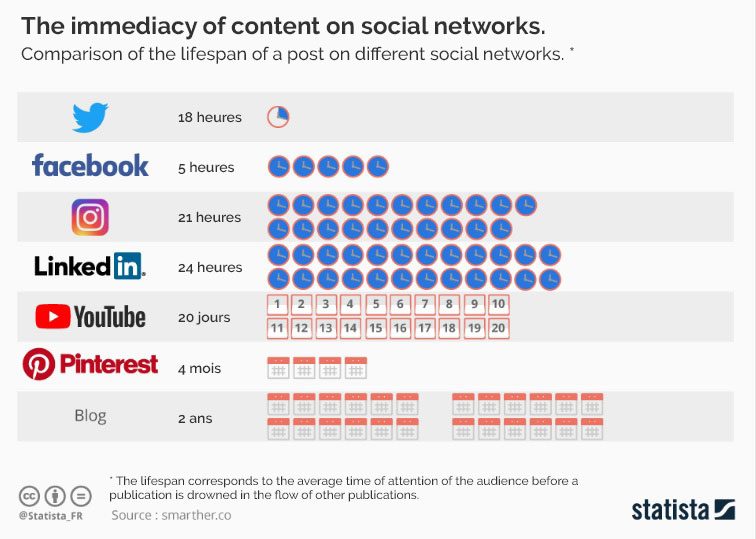
Free publications have a low reach
The organic reach of publications (i.e., the number of people reached for free) is decreasing year after year. According to the media We are Social, the average organic reach of a publication was 5.2% in 2020 against 5.5% in 2019 and 7.7% in 2018. To give you an idea of what this represents, a “small” page with 500 subscribers, will see its publications seen on average by only 25 of them.
The main explanation given by Facebook is that there are simply too many pages for their posts to be shown to everyone. Another equally valid explanation is that since Facebook is free, it needs to entice businesses to use paid ads, and lowering organic reach is the best way to convince advertisers.
A Facebook page is not effective for SEO
A Facebook page offers very little effectiveness in terms of SEO. It will of course be referenced by search engines, but as all Facebook pages follow the same model there is almost nothing to do to adapt the content and keywords to improve visibility. Don’t forget that your publications are not referenced by search engines – unlike those published on a website, and as according to this Ifop study 80% of internet users have the reflex to go and get information on the internet first before buying a product or a service.
Not everyone is on Facebook
Not everyone has a Facebook account and younger generations are using it less and less. Generation Z (born after 95) is the age group least present on the network and there is no sign that they will join it as they age.
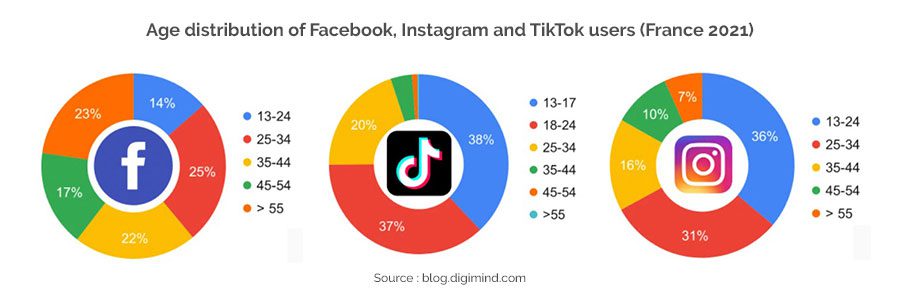
You don’t really own your Facebook page
Unlike a website whose access is based on a domain name belonging to a natural or legal person, a Facebook page is and will always remain the property of Facebook.
Everything that is published on Facebook belongs to Facebook and it unilaterally decides the rules of the game. Only an efficient website and a good referencing will allow you to control your digital communication (well, this is to be relativized in part because you will still be subject to other rules, those of Google).
A website belongs to the company that designed it or had it designed by its web agency. It is the starting point of its digital strategy and it has total and unlimited creative control to meet its needs.
Conclusion
Facebook has undeniably good sides, it offers businesses relevant statistics, a solid return on investment on digital ads, the opportunity to interact and get to know your customer base better, but rather than seeing it as a substitute for your website, use it as a tool that will help you drive more traffic to your website and grow your business.
Users will be grateful that you take the time, resources and effort to create an attractive site with useful information that tells visitors that they should take you as seriously as you take the experience you want to provide.


